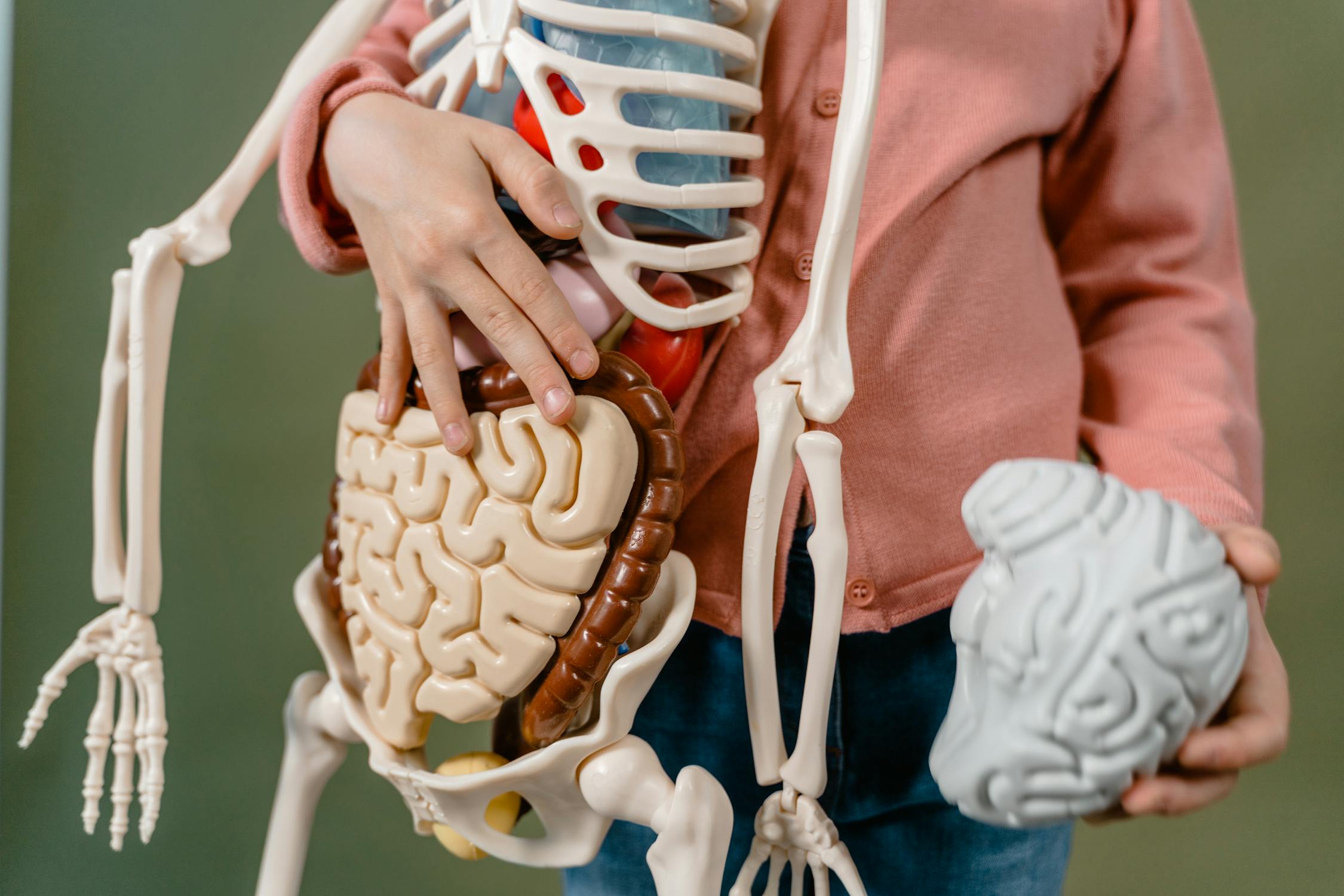What is the gut-brain connection?

Have you ever heard of the phrase ‘butterflies in your stomach’? Or maybe you’ve experienced this phenomenon yourself in the past.
Another example is your ‘gut instinct’, where you have a sense that something is going to happen or one particular choice in a situation is better than others because your gut is telling you so.
The theory as to why we experience things in our guts has to do with the gut-brain axis or gut-brain connection. The lower digestive system and brain are physically connected via the vagus nerve and communicate with each other in a bidirectional nature. The gut-brain axis. It comprises a network of nerves within the central nervous system and enteric nervous system. Together, these nerves enable your gut to send signals to your brain and vice versa.
The gut-brain axis is thought to influence mental health, mood, cognition, emotions and pain perception. It’s this close connection between the gut and the brain that is the reason why poor gut health can negatively impact mental health. This and the fact that up to 90 - 95%% of your serotonin (the “feel good” chemical) is produced in your gut.
The human gut microbiota comprises millions of bacteria, viruses, and fungi, all of which aid your digestive processes and help to keep you healthy. To stay healthy, it's important to maintain great gut health and keep the beneficial bacteria in your colon as happy as possible.
When there is an imbalance in the gut microbiota (known as dysbiosis), it may lead to an increased risk of a wide range of mental health disorders or conditions related to behavioral and sensory impairment, including anxiety, depression, autism, and mood disorders.